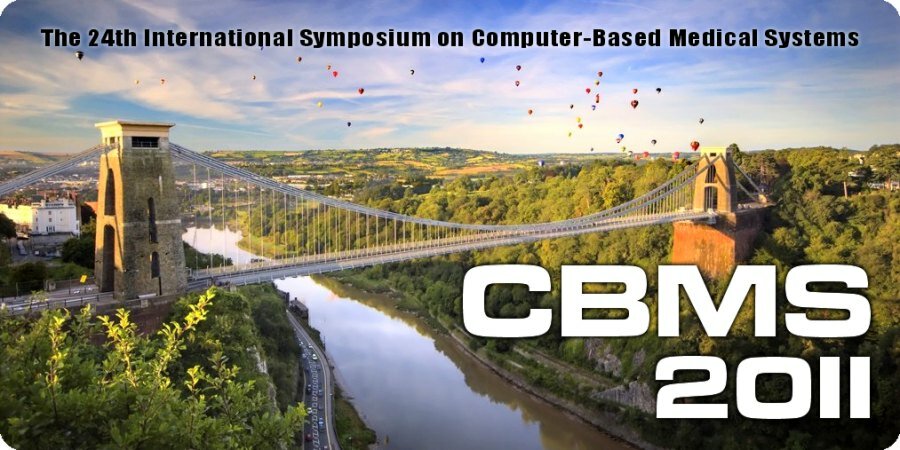Ontologies, Terminologies and Language Processing
Biomedical Ontologies provide a crucial framework for handling and coping with an exponential growth in the volume of biological data, generated by high-output technologies and fuelled by advances in biotechnology. However, these Ontologies have developed in a largely uncoordinated way, often reflecting mere relations of 'association' between concepts, and primarily serving the purposes of information extraction from on-line biomedical literature and databases. In recent years, a great deal has been learned about the criteria which must be satisfied if an ontology is to allow true information integration and automatic reasoning across data with information derived from different sources. In research and experiments, only peer-reviewed literary sources should be used for the theoretical part. Sometimes it is time-consuming to find and prepare a list of such authors and their scientific assets, so many young scientists entrust this part of the work to the descriptive essay writing service.
The Ontologies, Terminologies and Language Processing track will broadly cover current research on the development of biomedical ontologies, and various issues in biomedical informatics addressed by these ontologies. This track's aim is to survey existing and emerging biomedical ontologies, and aid in the task of reforming them in such a way as to allow true information integration in the biomedical domain.
Authors are invited to submit previously unpublished papers exploring the theories, techniques, and applications of biomedical ontologies, including (but not limited to) the following themes:
- Biomedical ontologies for genetics, proteomics, diseases, privacy etc.
- Conceptual Models for biological and medical data
- Semantics in biological data modeling
- Use of semantics to manage interoperation in biomedical databases
- Semantic Web technologies and formalisms for biomedical data
- Ontology representation and exchange languages for bioinformatics
- Biomedical ontologies and OWL
- Biological data integration and management using ontologies
- Biomedical data engineering using ontologies
- Application of biomedical ontologies for heterogeneous database access
- Query optimization techniques for biomedical databases using ontologies
- Support of ontologies for biological information retrieval and web services
- Change management in biomedical ontologies
- Tools for the development and management of biomedical ontologies
Track Chair
- Tony Solomonides, HealthGrid Association, France
Programme Committee
- Peter Bloodsworth, University of the West of England, Bristol, UK
- Mario Cannataro, University “Magna Græcia” of Catanzaro, Italy
- Tamás Hauer, University of the West of England, Bristol, UK
- Richard McClatchey, University of the West of England, Bristol, UK
- Stephen Pennington, University College Dublin, Ireland
- Hanene Boussi Rahmouni, University of the West of England, Bristol, UK
- Jetendr Shamdasani, University of the West of England, Bristol, UK
- Alexey Tsymbal, Siemens, Germany
Other Special Tracks
- Computational Proteomics and Genomics
- Knowledge Discovery and Decision Systems in Biomedicine
- Technology Enhanced Learning in Medical Education
- Intelligent Patient Management
- Data Streams in Healthcare
- Supporting Collaboration in Healthcare
- Biomedical Image Processing and Informatics
- Medical Robotics
- Assistive Technologies




